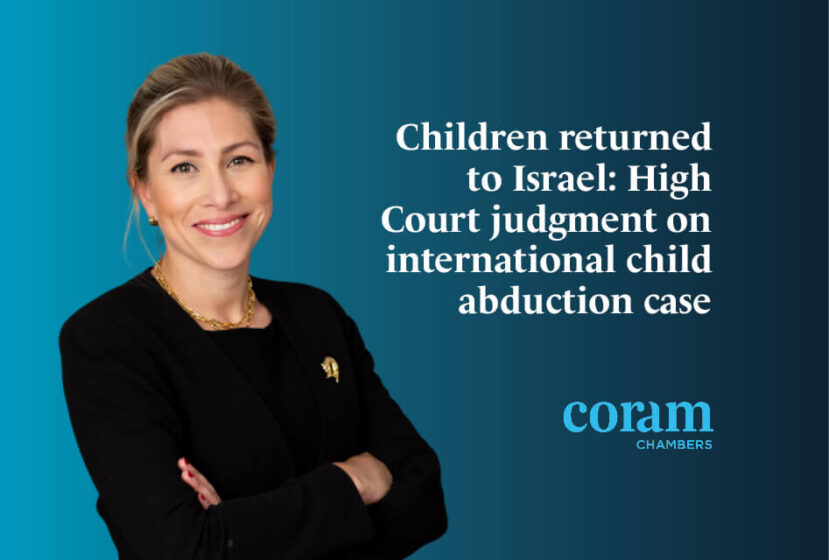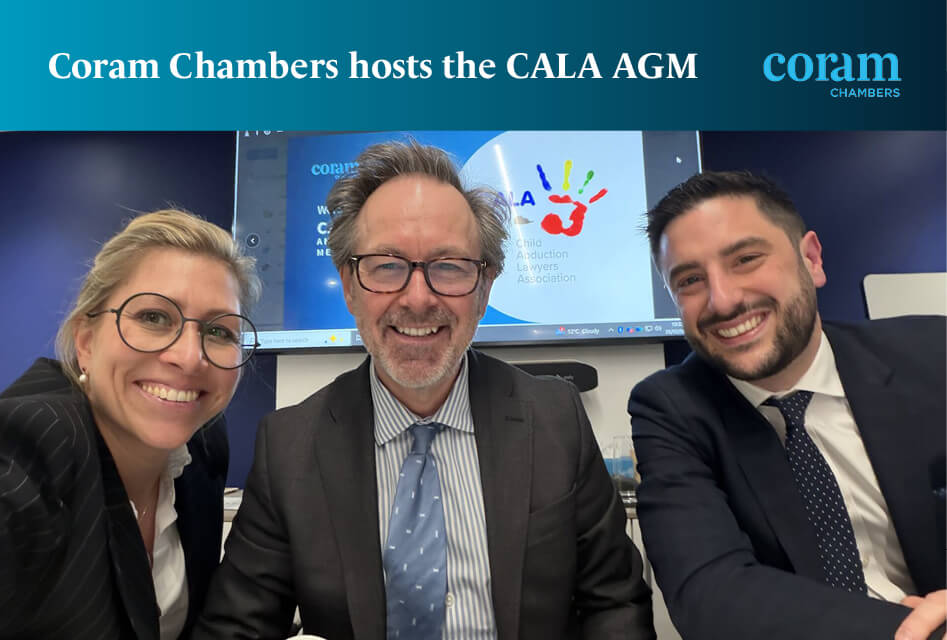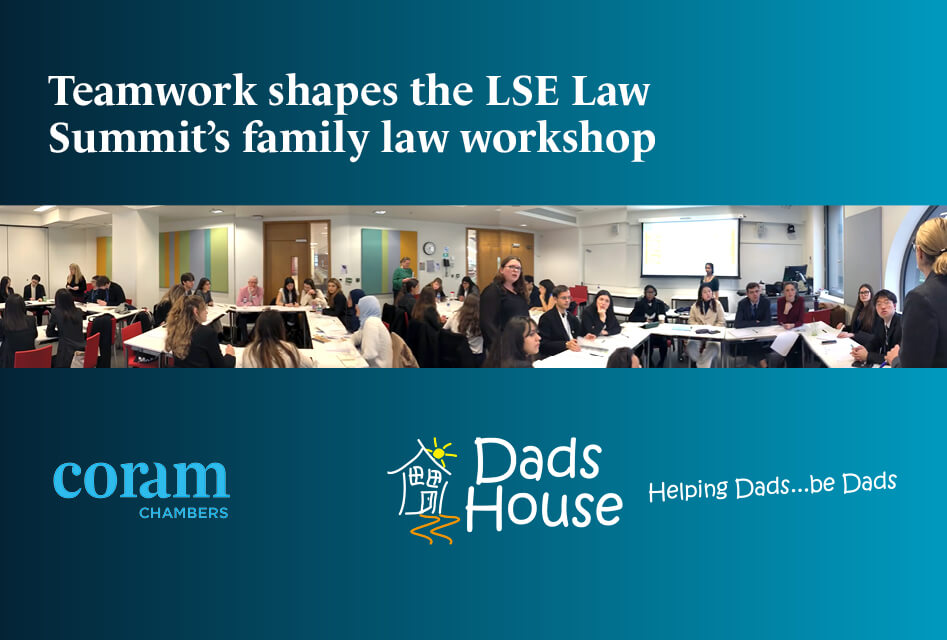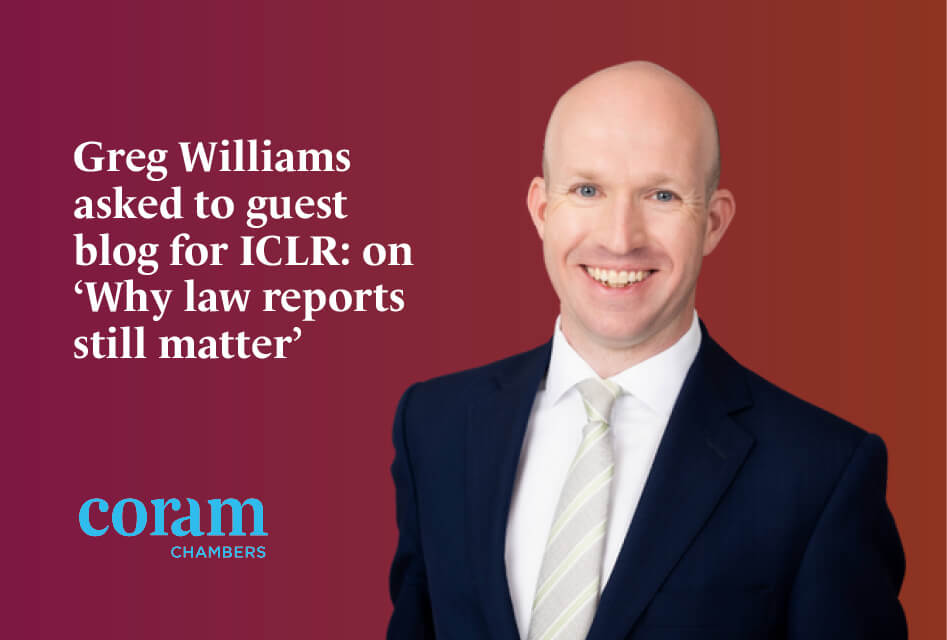
Rachel Cooper of Coram Chambers was recently instructed by Kevin Skinner of Goodman Ray solicitors, and led by Ruth Kirby KC of 4pb, in the High Court decision of Y (The Father) v Y (The Mother) [2025] EWHC 1598 (Fam).
This decision highlights the complexities of international child abduction proceedings and the nuanced approach required when considering both the welfare of children and the realities of global conflict, both on children’s physical but also emotional/psychological safety where the mother argued that the impact on the war on her would place the children in an intolerable position if they were returned in accordance with the Hague Convention 1980.
Background and Context
The father, represented by Rachel Cooper and Ruth Kirby KC, applied under the 1980 Hague Convention for the summary return of his two children, C and B, to Israel after their mother wrongfully retained them in England following what was meant to be a short holiday in England.
The mother, originally from England but resident in Israel since 2006, cited the ongoing Israel–Hamas conflict and the impact of this on her own mental health as reasons why a return should not be ordered, as it would place the children in an intolerable position. Both children are dual British–Israeli nationals, and the family had lived in Israel until events prompted the proceedings.
The parents had agreed to a shared custody arrangement in Israel after their divorce in 2019, but the mother’s mental health issues, she argued, were exacerbated by the conflict in Israel, and played a central role in the way her case was presented to the court. With input from an expert instructed to assess the mother, the court had to weigh the children’s objections to return and the alleged grave risk of harm to them if a return was ordered.
The Court’s Decision
Mr Justice Cusworth, presiding, found that although the mother’s mental health struggles were genuine, they did not meet the high bar set by Article 13(b) of the Hague Convention – namely, that return would expose the children to a grave risk of harm. The judge noted the support and shared care available in Israel, and determined that the security situation, while serious, did not justify a permanent retention in England.
The older child, C, was found not to object to returning, while the younger, B, expressed a desire to stay in England but was not considered sufficiently mature for his views to be decisive. The court ordered that the children should return to Israel with their mother at the end of the English school summer term, allowing time for arrangements to be made and minimising disruption.
Implications and Observations
This judgment serves as a reminder that Article 13(b) defences require clear and substantial evidence of grave risk to the child, not just the parent. Children’s wishes are considered within the context of their maturity and overall welfare. The decision also illustrates the court’s ability to tailor orders to minimise disruption – in this case, delaying the return to support the children’s transition.
Rachel Cooper’s involvement in this matter highlights the expertise within Coram Chambers in navigating complex international family law disputes, particularly where sensitive issues of mental health and geopolitical unrest intersect with the best interests of children. You can view and download the judgment below.


